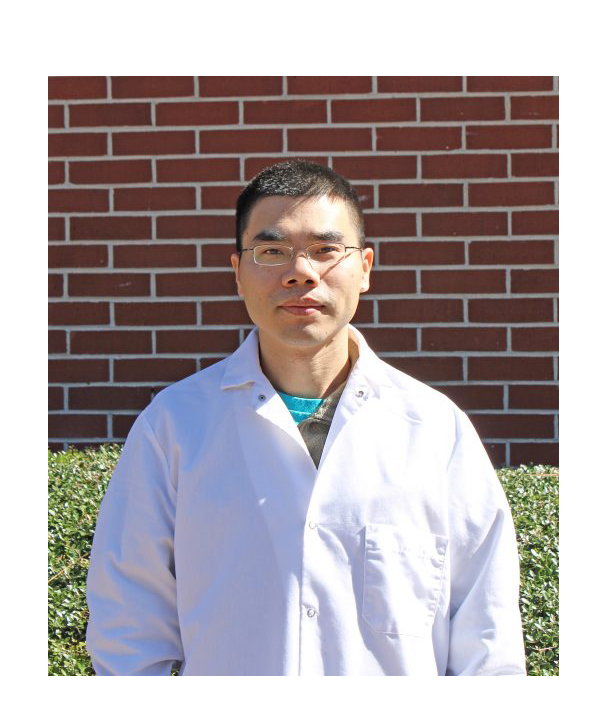
The National Institute of General Medical Sciences, one of the National Institutes of Health (NIH), awarded Georgia Southern University’s Dongyu Jia, Ph.D., associate professor in the Department of Biology, a federal grant totaling $426,000 to fill in the gaps of learning the steps of tumor formation at the beginning stages and what initially triggers their epithelial cell shape change before becoming invasive.
The National Institute of General Medical Sciences supports basic research that increases understanding of biological processes and lays the foundation for advances in disease diagnosis, treatment and prevention.
“Georgia Southern’s researchers are focused on making a meaningful impact with their innovations and discoveries,” said Vice Provost of Research Christopher Curtis, Ph.D. “Dr. Jia’s award recognizes him as a leading national scholar in understanding the process of how tumors form and in shaping the scientific pathways to explore early-stage treatments in the future. This is the kind of public impact we strive for.”
“I have been working on fruit fly follicular epithelium since I was a graduate student,” said Jia. “I became captivated by the molecular events controlling cell fate determination and cell shape changes in the epithelial tissue. At Georgia Southern, our lab is dedicated to understanding the signaling networks involved and linking them to human diseases.”
According to the American Cancer Society, an estimated 1.9 million new cancer cases will be diagnosed in 2023. Jia’s and his Department of Biology team’s research will help scientists understand how tumors are formed in the first place. These findings have the potential to provide a better understanding of the causes of epithelial diseases by examining the process by which tumors are formed.
Jia explained that epithelial tissues are responsible for the protection and regulation of chemicals and hormones in the human body’s organs. The epithelial cells have three distinct shapes: cuboidal, columnar and squamous. These shapes maintain normal cellular functions. If the shapes change in an abnormal way, it may lead to diseases like tumors. Jia’s project studies a type of epithelial tissue called follicular epithelium in fruit flies to learn how it changes during development.
There are many different types of follicle cells in the epithelial tissue. For the NIH grant, Jia is particularly interested in a specific type. A squamous cell undergoes a dramatic flattening process, which changes their shape from cuboidal to squamous. Jia has previously found that a specific molecule called “Broad” is important in the process, but there is not a full understanding of how it works. With the support of the NIH grant, Jia plans to further study how cuboidal to squamous shape change is controlled, and what the roles of Broad and other molecules are in the process.
Prior findings have revealed a novel mechanism of squamous cell shape change driven by Broad. Jia is extending his studies by determining the different signaling pathways and the molecular events that control squamous cell shape changes.
GSU


Chattooga Schools
GNTC Basic POST Certification graduation held July 22

Bulloch Public Safety
07/25/2024 Booking Report for Bulloch County

Chattooga Schools
Chattooga County Schools: Superintendent Helie’s Welcome Letter

Chattooga Local News
Fall Armyworms Confirmed in Northwest Georgia Counties

Chattooga Schools
Entrepreneur seeks degree at GNTC

Bulloch Public Safety
07/08/2024 Booking Report for Bulloch County

Bulloch Public Safety
07/22/2024 Booking Report for Bulloch County

Bulloch Public Safety
07/02/2024 Booking Report for Bulloch County

Bulloch Public Safety
07/16/2024 Booking Report for Bulloch County

Bulloch Public Safety
07/03/2024 Booking Report for Bulloch County






